What AI's biggest leaders have to say about the future of AI
The billionaires riding the AI boom weigh in on the future the tech will bring, from Bezos' space-dwelling utopia to Amodei's jobs warning
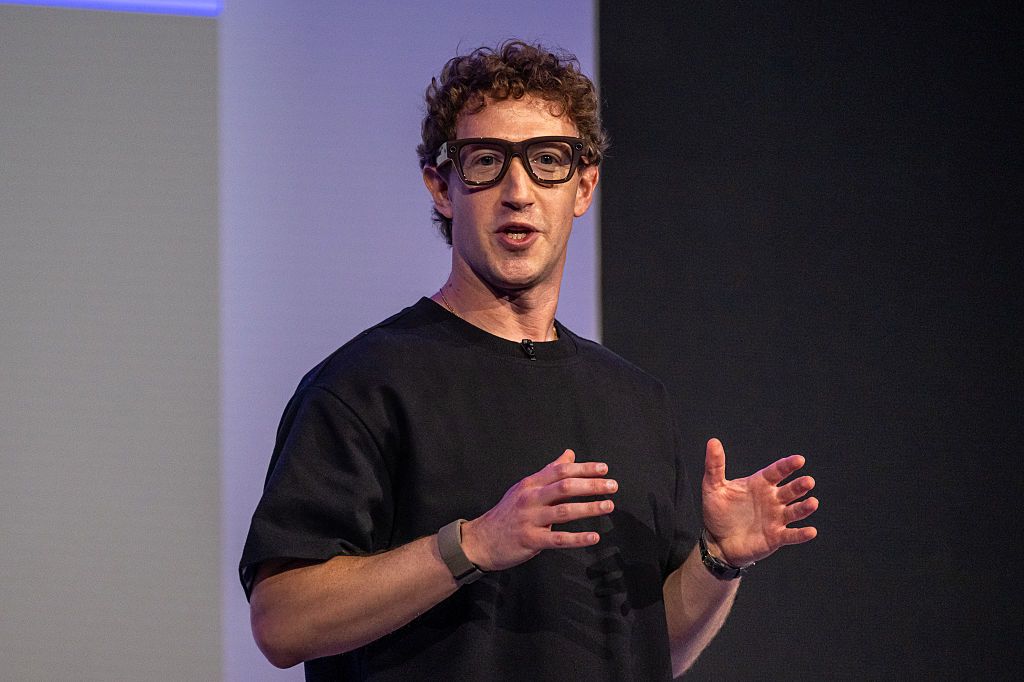
It seems AI is here to stay. But what it will bring remains to be seen.
Every few weeks, we hear new promises and declarations about how AI will transform education, culture, finance, and life as we know it. Some of these apparent new futures are far off, and some seem startlingly close.
We’ve compiled a list of what some of the biggest names in AI and technology are saying about the future of the pivotal tech.
2 / 6
Sam Altman on how personal AI will become
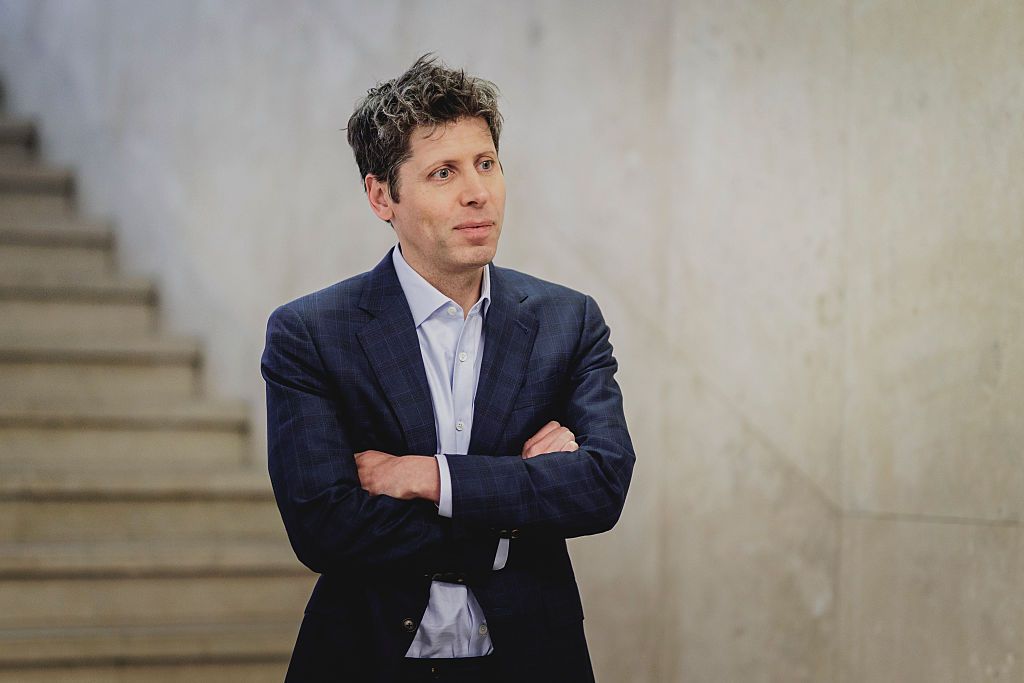
Florian Gaertner / Contributor / Getty Images
Perhaps the most famous name in AI, Sam Altman has made a slew of predictions. Most recently, he made headlines for talking about just how intimate peoples' relationships with his product have already become and will continue to be.
“People talk to AI about increasingly personal things; it is different from previous generations of technology, and we believe that they may be one of the most personally sensitive accounts you’ll ever have,” Altman wrote in a blog post.
That’s why Altman says he wants people’s discussions with ChatGPT to be legally shielded from courts and law enforcement.
“If you talk to a doctor about your medical history or a lawyer about a legal situation, we have decided that it’s in society’s best interest for that information to be privileged and provided higher levels of protection,” Altman wrote. “We believe that the same level of protection needs to apply to conversations with AI which people increasingly turn to for sensitive questions and private concerns.”
Read more: Is the AI boom actually a bubble? Here’s what the biggest names in business are saying
3 / 6
Jensen Huang on AI’s productivity potential
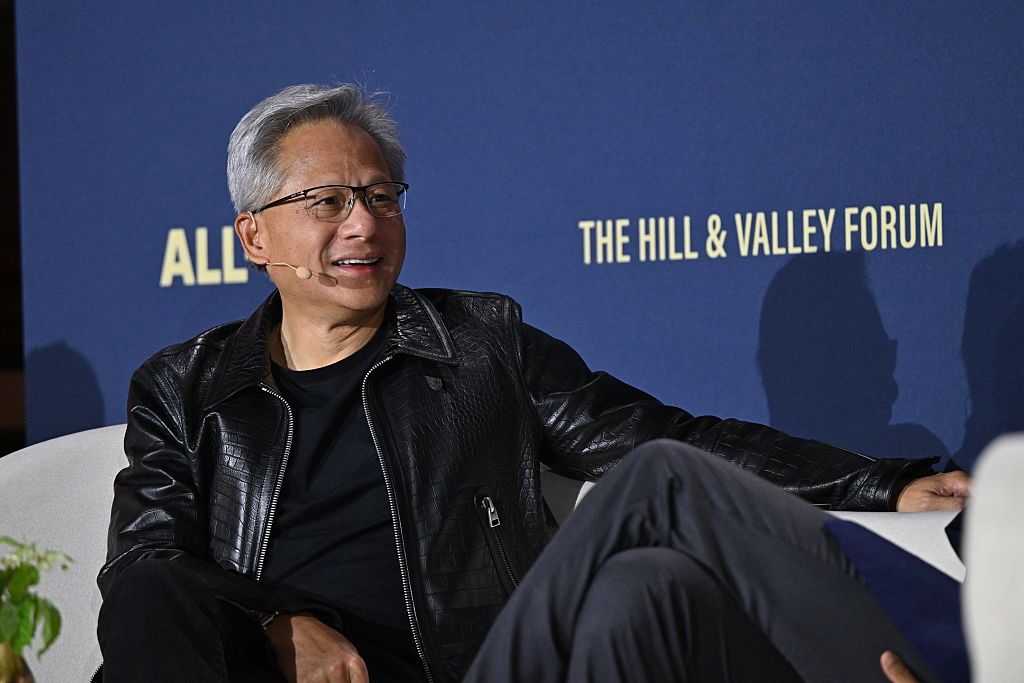
Roy Rochlin / Stringer / Getty Images
Nvidia CEO Jensen Huang said he believes we are only “at the beginning of the AI revolution” that will radically transform how we work.
“I'm afraid to say that we are going to be busier in the future than now, and the reason for that is because a lot of different things that take a long time to do are now faster to do,” Huang told Fox Business in August. “The more productive we are, the more opportunity we get to go pursue new ideas.”
Huang said he expects GDP to grow and productivity to increase thanks to AI. He also said he hopes the tech will lead to a four-day work week thanks to productivity gains. For now, however, the AI boom has only revived the dreaded "996" workweek.
“We came from a world of seven-day work weeks, and now we're in five-day work weeks. And every industrial revolution leads to some change in social behavior, but I expect the economy to be doing very well because of AI and automation, and I expect, you know us, to enrich our lives. Life quality will get better," Huang said.
4 / 6
Mark Zuckerberg on AI superintelligence

Bloomberg / Contributor / Getty Images
In a July memo, Meta founder and CEO Mark Zuckerberg said that “developing superintelligence is now in sight.”
“It seems clear that in the coming years, AI will improve all our existing systems and enable the creation and discovery of new things that aren't imaginable today. But it is an open question what we will direct superintelligence towards,” Zuckerberg wrote. “I am extremely optimistic that superintelligence will help humanity accelerate our pace of progress.”
He also said it has “the potential to begin a new era of personal empowerment where people will have greater agency to improve the world in the directions they choose.”
“An even more meaningful impact on our lives will likely come from everyone having a personal superintelligence that helps you achieve your goals, create what you want to see in the world, experience any adventure, be a better friend to those you care about, and grow to become the person you aspire to be,” he added.
5 / 6
Jeff Bezos on AI utopia
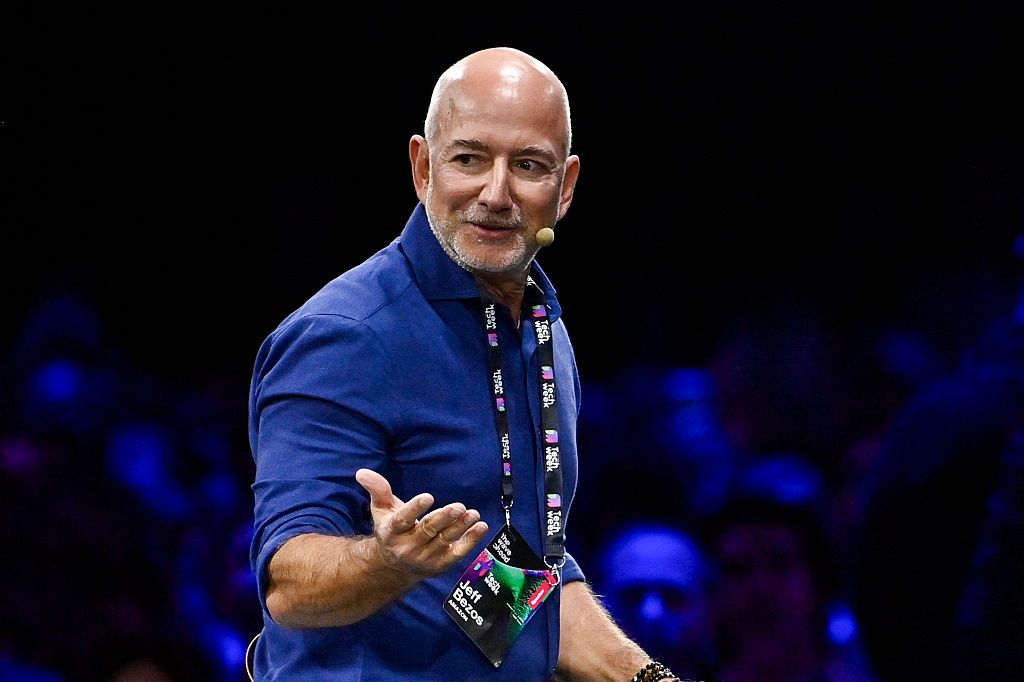
Stefano Guidi / Contributor / Getty Images
Amazon founder Jeff Bezos is extremely optimistic about AI, saying he believes it will lead to a future where people work less and less.
“I don’t see how anybody can be discouraged who is alive right now,” he said in October at Italian Tech Week, according to Fortune. “In the next kind of couple of decades, I believe there will be millions of people living in space.”
“They’ll mostly be living there because they want to,” Bezos explained. “We don’t need people to live in space.”
“If you need to do some work on the surface of the moon or anywhere else, we will be able to send robots to do that work, and that will be much more cost-effective than sending humans," Bezos continued.
“Civilizational abundance comes from our inventions,” he said of AI, insisting it will be good for the world. “So 10,000 years ago, or whenever it was, somebody invented the [plow], and we all got richer…. I’m talking about all of civilization, these tools increase our abundance, and that pattern will continue.”
6 / 6
Dario Amodei on AI replacing you
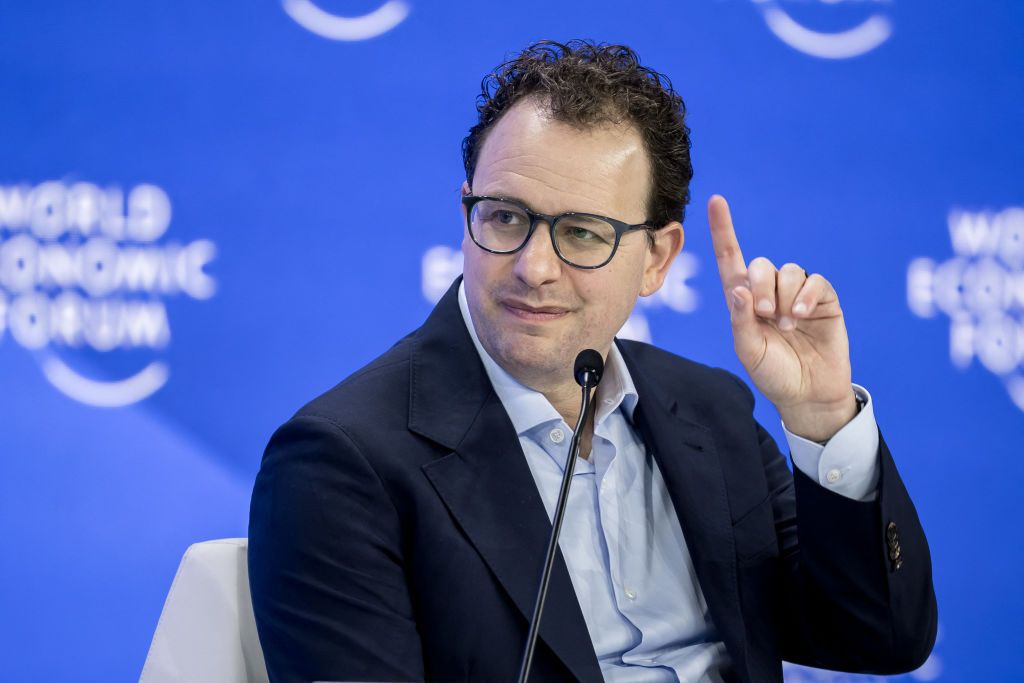
FABRICE COFFRINI / Contributor / Getty Images
Anthropic CEO Dario Amodei said white-collar workers should be worried about AI, especially young people. He told Axios he predicts AI could replace half of entry-level jobs, and lead to 10-20% unemployment in just a few years.
"Most of them are unaware that this is about to happen," Amodei said about white-collar workers now. "It sounds crazy, and people just don't believe it."
Still, he thinks AI will bring both good and bad. "Cancer is cured, the economy grows at 10% a year, the budget is balanced — and 20% of people don't have jobs," he said, giving one prediction.
"We, as the producers of this technology, have a duty and an obligation to be honest about what is coming," the CEO added. "I don't think this is on people's radar."
